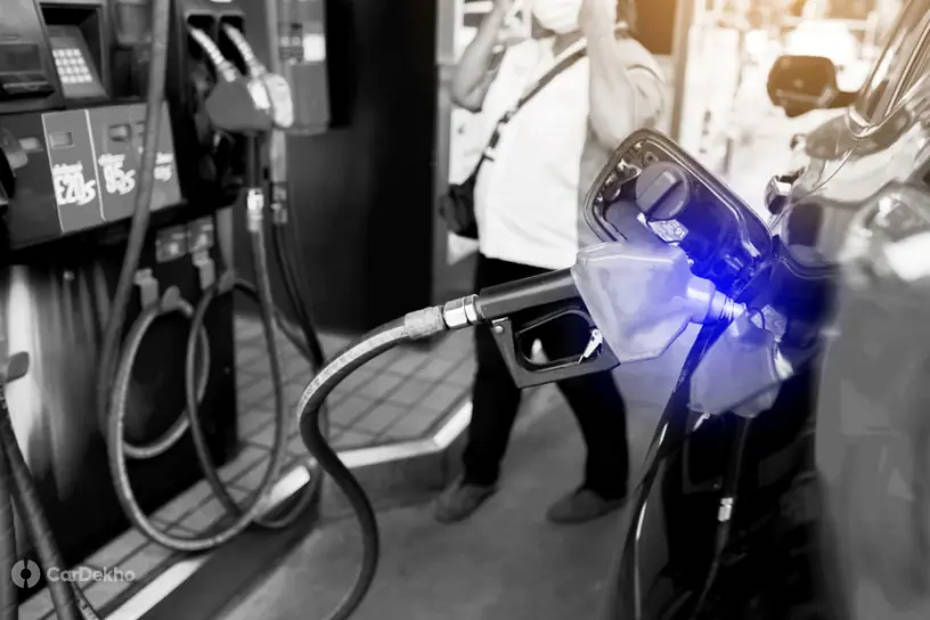Cars In India To Be Ethanol Material-compliant Starting April 2023: SIAM
Modified On Dec 13, 2022 05:29 PM By Rohit
- Write a comment
That said, vehicles have to be fully compliant with flex fuel (E20) by 2025

Maruti Suzuki, in partnership with SIAM and the Government of India, recently showcased a prototype flex-fuel Wagon R that can run on any concentration of ethanol-blended petrol, from 20 percent ethanol (E20) to 85 percent ethanol (E85). Now, the Indian government has finalised its plans for mandating all cars to be ethanol material-compliant from 2023, while all vehicles will have to be E20 compliant from 2025 onwards.
Previously Announced Deadlines On Flex-fuel Vehicles
Nitin Gadkari, the Union Minister for Road Transport and Highways, has already stated earlier that petrol engines need to be compliant with 20 percent ethanol by 2025, five years sooner than the previous deadline of 2030.
What Is Ethanol And How Is It Made?
 Pictured: Ethanol refinery
Pictured: Ethanol refinery
Ethanol, a by-product in the production of sugar, can be an excellent substitute for petrol as a fuel mix. It will also be more affordable, considering it can be produced domestically from crops (and need not be imported, unlike crude oil). And a certain percentage of ethanol will be mixed with petrol; and in this case of E20, it is 20 percent ethanol and 80 percent petrol.
Carmakers Who Are Moving Towards Ethanol-blended Fuel
Maruti had already announced that its entire lineup will be E20 compliant by April 2023. The carmaker recently showcased its first prototype flex-fuel vehicle using the Wagon R as a testing bed.

Not so long ago, Toyota too had revealed a flex-fuel-powered Corolla Altis Hybrid, which has been introduced as part of a pilot project in cooperation with the Ministry of Road Transport and Highways.
Upgrades On Vehicles
The implementation of flex-fuel engines will involve some degree of vehicle modification and tuning. So you can expect the sticker price of cars to see a rise. However, in the long run, the reduced dependence on imported crude oil is expected to yield economic benefits, down to the final users.
2 out of 2 found this helpful















